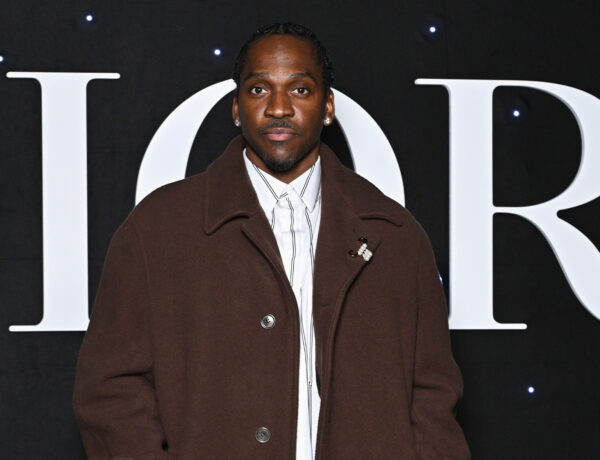It is no secret that women face more challenges than men in the workforce. From pay discrepancies to patriarchal views on leadership, many women have found it harder to navigate pathways to career success. Although these circumstances are true, they do not eliminate the reality that many women have overcome social constructs and systemic barriers to excel across several industries, including those in the physical fitness realm. Today’s women are more empowered to seek certification through a Personal Trainer course to achieve their dreams of becoming a Personal Trainer or any other career field they are interested in.
But does career success equal happiness? A report from the National Library of Medicine (NLM) indicated that work happiness is strongly influenced by engaging in meaningful work, feeling valued by coworkers, and enjoying daily tasks. For women, however, the context is more nuanced.
According to Forbes, job satisfaction differs significantly between men and women. The Conference Board’s latest survey reveals that women are notably less satisfied than men for the seventh consecutive year in nearly all aspects of their jobs. This wasn’t always the case — between 2011 and 2016, satisfaction levels were nearly equal, but a gap began in 2017 and has since grown. Given that this decline in women’s job satisfaction is relatively recent, what’s driving it, and how can companies address it?
This comes when overall job satisfaction is at an all-time high, and the employment gap between men and women is narrowing, recovering from the pandemic-induced “she-cession,” as revealed by U.S. Bureau of Labor Statistics data. It’s not due to a lack of ambition; McKinsey and Co’s 2023 “Women in the Workplace” report shows that 80% of women seek promotions, with women just as committed to advancing their careers as men.
That data has not significantly changed from data in McKinsey’s 2024 report. Women still encounter obstacles early in their careers and are less likely than men to be hired for entry-level positions, leading to underrepresentation. Furthermore, they are much less likely to receive their first promotion to a managerial role, and this gap shows no signs of closing.
The Conference Board data reflects these finding, stating that “compensation, benefits, and career growth” stand out as creating the widest gap between men and women. On the bright side, employers can address these issues by “conducting a pay equity audit, implementing salary transparency, standardizing jobs and pay, encouraging salary negotiation, and increasing access to paid family leave for all employees,” Forbes reports.
Two questions remain: Does the pursuit of career promotions lead to overall happiness and career fulfillment in women, and how does inequity contribute to a lack of fulfillment? Based on the conclusion from the previously referenced study from the NLM, people need to feel that their job aligns with their life purpose, and gender did not significantly change the outcome in the study for this conclusion. Therefore, it’s crucial for organizations to clearly communicate how a specific role helps employees achieve their mission. To do this effectively, companies must understand workers’ strengths, skills, and goals to provide opportunities that support those aspirations.
Although no specific conclusive evidence proves career fulfillment equates to overall happiness in women, a separate Forbes report notes there are some job titles that women were happy in, according to a Fairygodboss poll. The top five roles on that list include senior program manager, senior product manager, sales representative, principal, senior marketing manager, intern, and HR manager.





